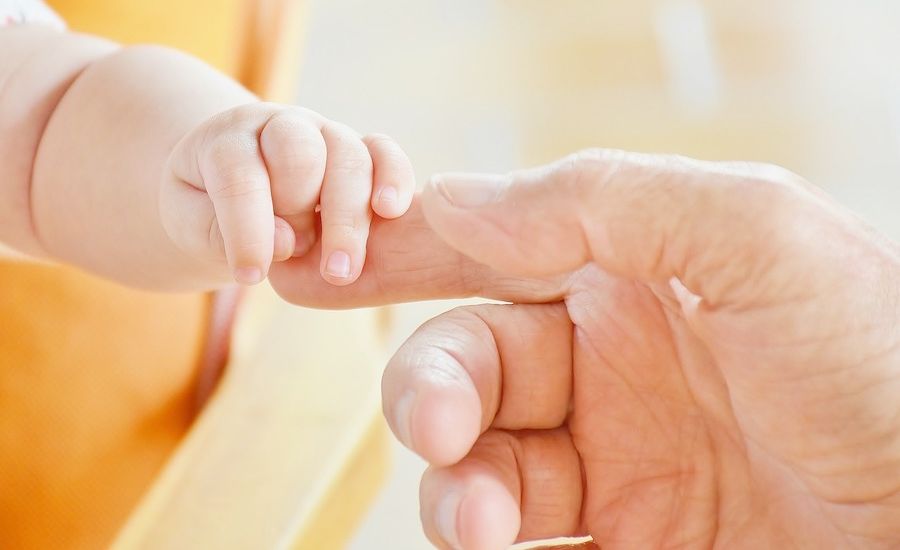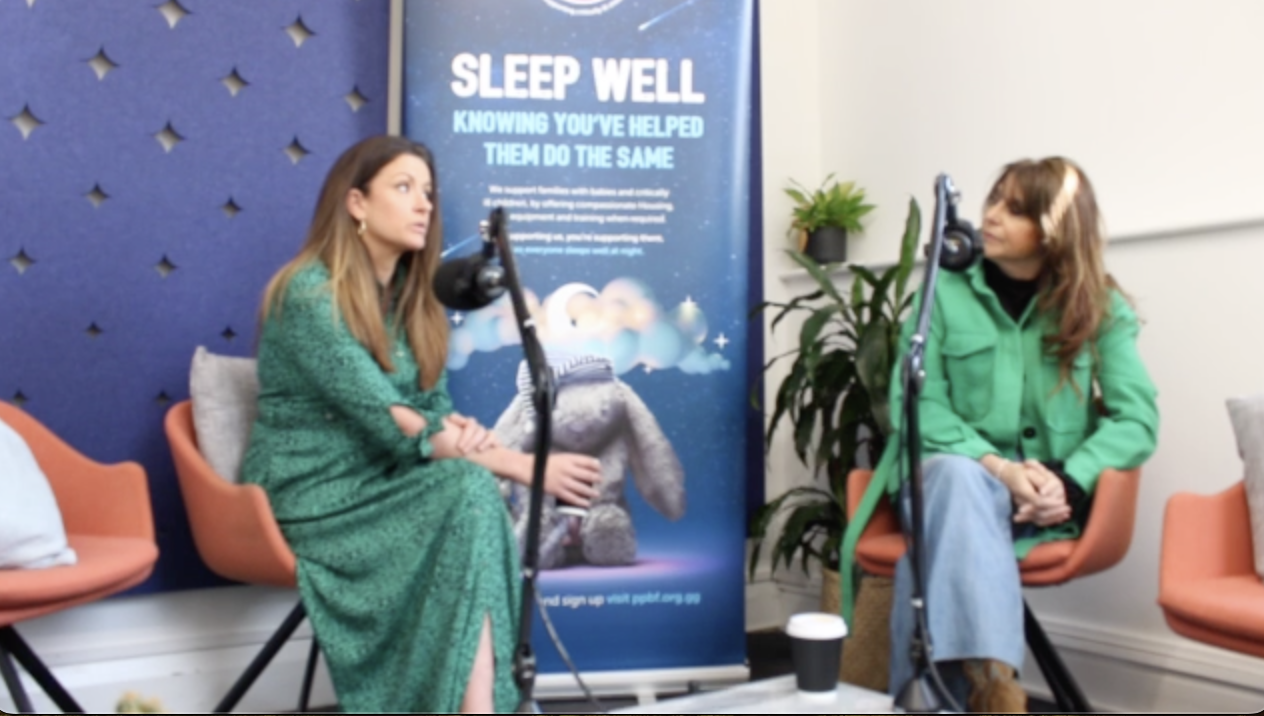


One in four mothers, and one in ten fathers, will experience mental ill health after the birth of a child - leaving them open to an increased risk of wider birth trauma related issues.
Laura Spence, Guernsey's Birth Trauma Service Co-ordinator, says that data only covers those parents who report suicidal feelings and other related mental health experiences, suggesting many more parents could also be at risk of birth trauma.
Working with Bright Beginnings, Ms Spence has been researching themes around birth trauma while studying for her Masters in perinatal mental health
Ms Spence is now creating an island-wide birth trauma service through Bright Beginnings, and she'll be working in collaboration with charities such as the Priaulx Premature Baby Foundation to reach as many people as possible.
"When we talk about birth trauma, the title leads you to believe it might be something physical that happened during birth, but it can be something that precedes your pregnancy like if you've had a loss at an early stage, if you've had to have a termination for whatever reason, or reproductive grief in terms of requiring assistance to get pregnant in the first place. Then once you are pregnant, things like extreme pregnancy sickness and those huge things that can impact that you, that you bring with you into pregnancy?" explained Ms Spence.
"We need to be considering the trauma that people have had across the course of their life. Looking at adverse childhood experiences is a massive thing. There are certain risks of certain things that have happened to people throughout the course of their lives before they get to the point of conception and then journey into parenthood that they're bringing with them and many of those things make them a little bit more vulnerable to poor mental health during pregnancy and subsequently during childbirth.
"It might be particularly triggering for some people, because there's a wealth of risk factors."

Pictured: Laura Spence and Jo Priaulx in conversation with Express.
Birth trauma can severely impact a parent's mental health, which in turn can impact the child's wellbeing, says the former midwife. She said this is now understood much more widely than it was for past generations.
"I think historically lots of women in particular have by default of the society that we live in been forced into this narrative of 'that's just what happens in childbirth', and you put on your big girl pants and get over it. You've got a a healthy baby and that's it. You should be grateful for that. And when we don't it's unspoken, and actually that very much shouldn't be the narrative anymore.
"We care about the things that have happened to you in your life and if we want to be improving mental health outcomes, child development, and general well being of people, then we need to be more considerate around those narratives and validate the experiences that people are having," she said.
Ms Spence is wanting to raise awareness of how she can help, because of the real risk of vulnerable parents slipping through the net.
"Sometimes when they go to England, they come back and they just get on with their lives," explained Jo Priaulx of the PPBF which supports parents of premature babies and seriously ill children with the provision of housing at Southampton Hospital and other services.
"We might not hear from them again or might not see them again (after they are discharged from medical care). Sometimes we don't even get to give them a baby box because they've just gone back to their own house. But we always try to find out who needs a baby box and now we're going to put a lot of leaflets in (with Laura's) contact details of how they can help.
"They need to talk to somebody, and I think the goal would be essentially that when you know about them, and get consent, we can make contact, even if that's just a remote telephone call, video call, or text message, just a weekly check in while they're there just to make sure that they are OK and advise them about self care techniques, but also to let us know when they're coming back, because we can very much then facilitate lots of different things to support them with their well being at Bright Beginnings because there's a wealth of stuff there," said Ms Spence.
"There's 1-to-1 counselling support, there's trauma coaching, there's the support groups where you have other mum's and dad's in that same similar situation."
Mrs Priaulx said parents of premature babies are exposed to specific traumas, along with others which they may find in common with parents in other situations.
"I have known of cases where the baby's been so tiny it's taken them months to actually hold the baby. So that bond can take a while if you haven't actually even held the baby," she said.
Bright Beginnings has been helping parents who have experienced trauma since it was founded eight years ago, but Ms Spence said the new service is aimed specifically at those parents who have suffered before, during, or after childbirth.
Comments
Comments on this story express the views of the commentator only, not Bailiwick Publishing. We are unable to guarantee the accuracy of any of those comments.